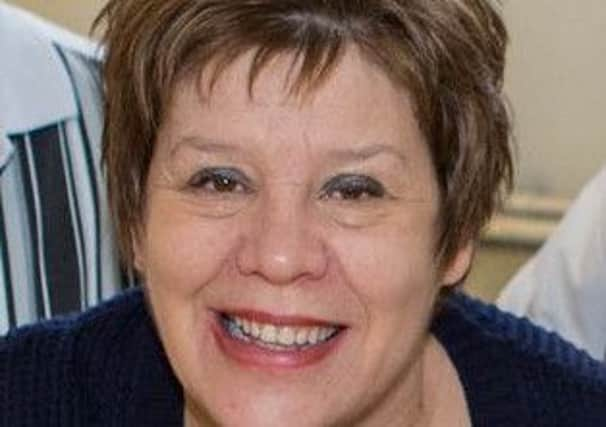European partners key to facing transport challenges


We have a common goal for the REGIO-MOB project, a commitment to improving regional transport and sharing experience gained by making changes. European regions are facing greater transport challenges while coping with higher congestion levels. With the population around the Edinburgh City Region scheduled to grow by over 20 per cent by 2040, involvement in this project is vital if we are to plan sustainably for the future and avoid congestion and pollution putting a significant strain on regional transport networks, the economy, environment and communities of South East Scotland.
The REGIO MOB project will analyse how different transport modes and low carbon and sustainable transport systems can deliver positive outcomes. We will discuss how we can remove barriers to the existing transport network, encourage employment in the South East of Scotland and benefit from innovative practices already in place across other European regions. SEStran has undertaken a number of workshops with local stakeholders to analyse the region’s strengths in transport planning and delivery and what we would like to learn more about from our European partners.
Advertisement
Hide AdAdvertisement
Hide AdWe have offered to provide our European partners with information on our TripShare initiatives, a journey sharing platform for commuters; our work on the Thistle Card which seeks to make it easier for people with specific needs to use public transport; and our codesign work with Young Scot to discuss barriers to active travel. We also showcase projects such as the NHS Lothian’s Flow Centre – a centralised service that supports the transport of patients across Lothian.
SEStran will be hosting a workshop event with representatives from REGIO-MOB’s European project partners and representatives from their stakeholder groups in Edinburgh this week. SEStran and invited experts will present our good practice to partners and undertake site visits to encourage the learning and exchange of knowledge from Scotland to the European partners.
Councillor Lesley Hinds, SEStran Chair and Edinburgh Transport Convener, said: “REGIO MOB offers a learning opportunity for SEStran and the region. The project offers the opportunity for SEStran to share the fantastic work that has taken place within the region, and also to learn from the tools, techniques and masterplans from other regions that have promoted sustainable mobility. ”
SEStran hope to learn from EU partners about how transport services and accessibility mitigate against social and economic exclusion as part of a wider integrated economic strategy. Such learning would enable a focus on prevention and early intervention, focussing on genuinely geographically inclusive place-based strategies tailored to the needs, ambitions and nuances of the South East of Scotland’s economic geography at a time of constrained public finances.
Catriona Macdonald, Projects Officer, SEStran; www.sestran.gov.uk, www.interregeurope.eu/regio-mob.